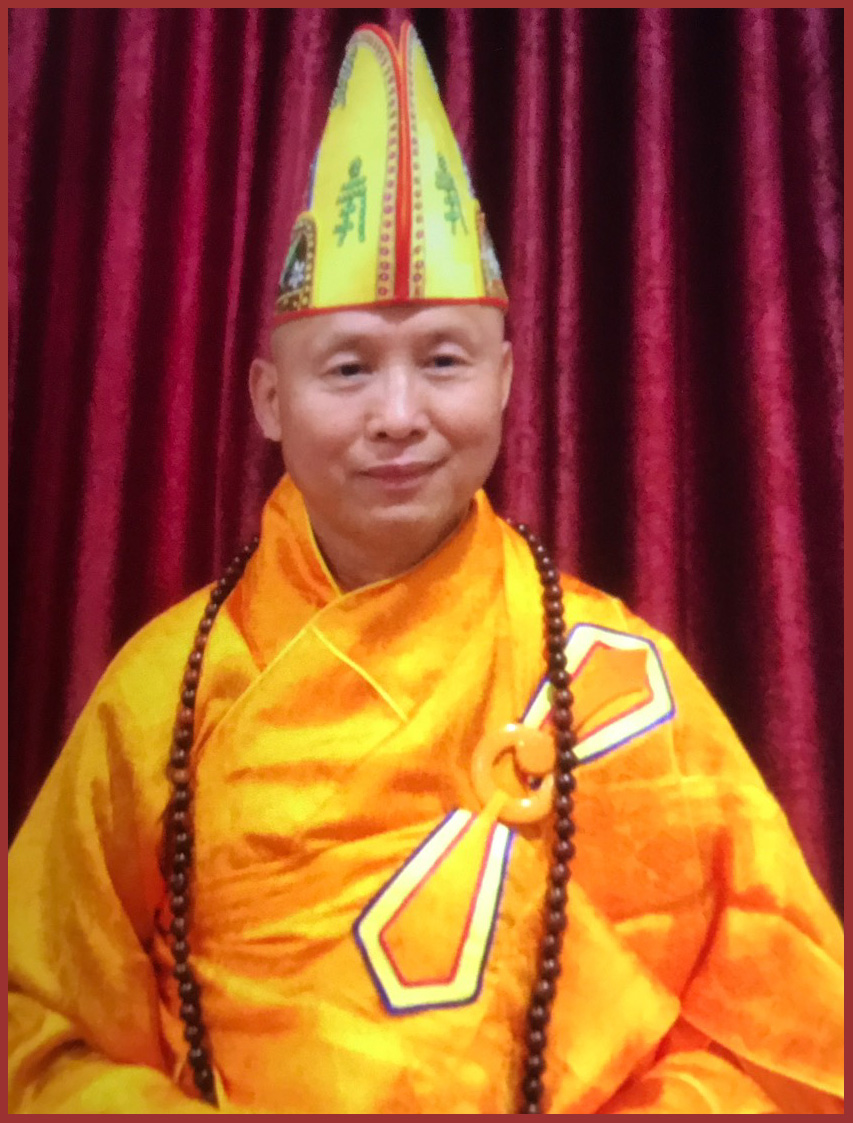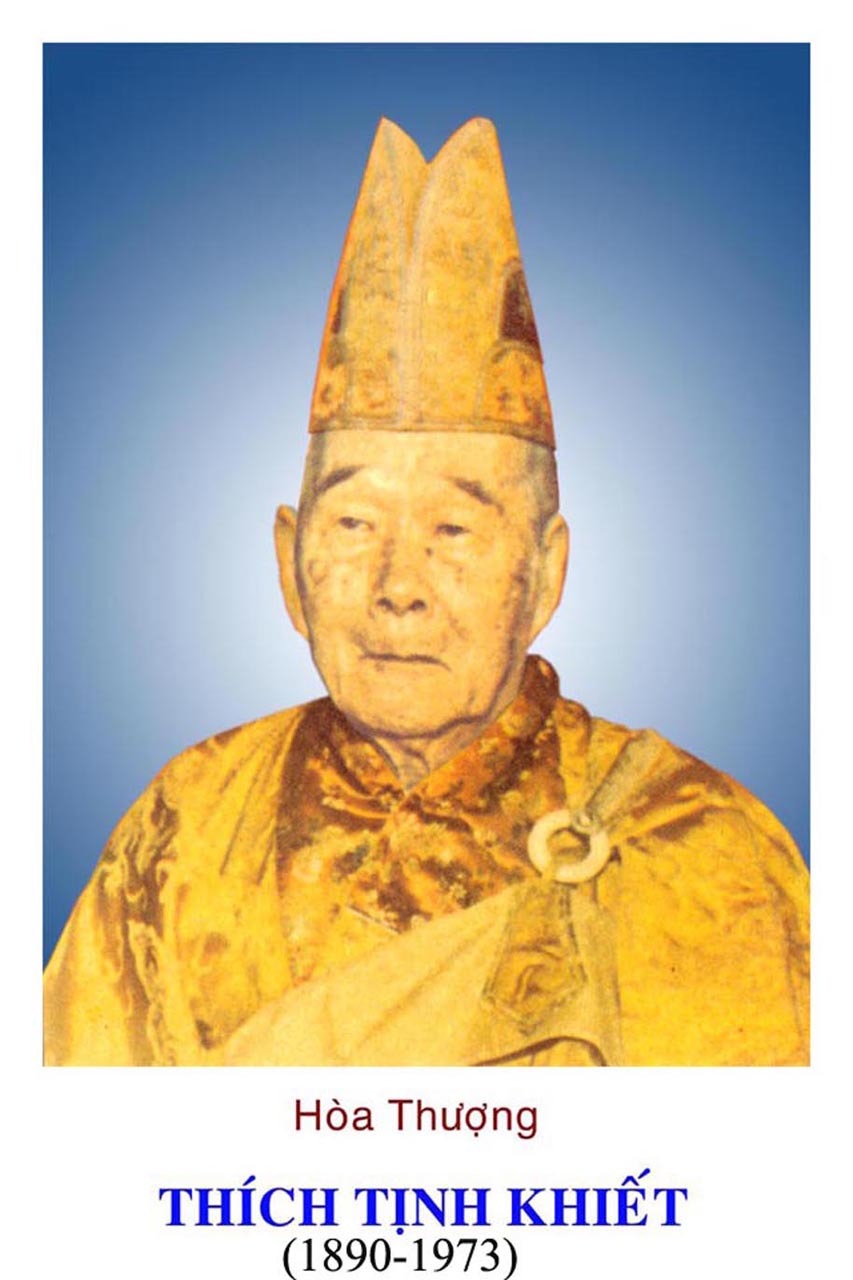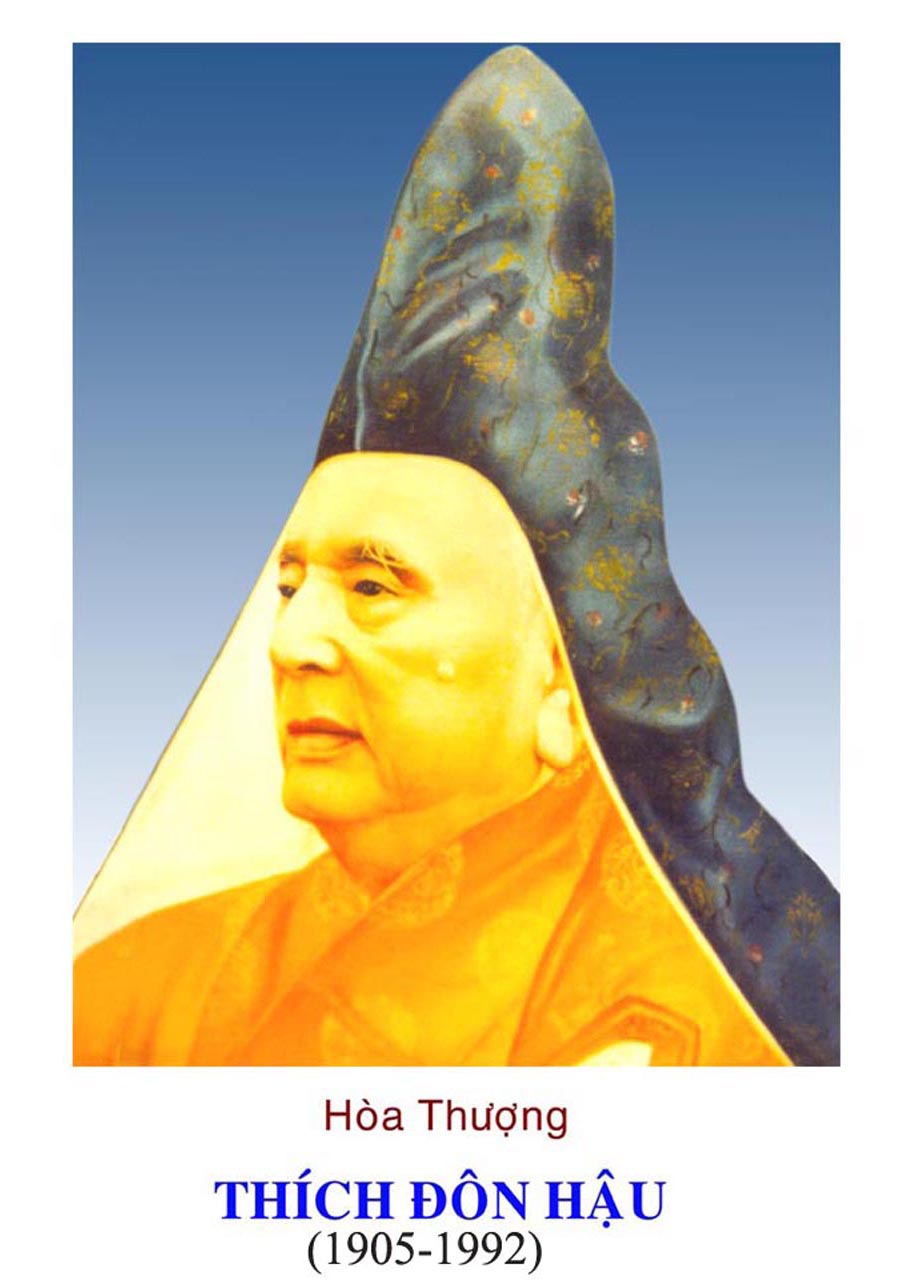Buddhism
Fellow Buddhists!
To learn more about Buddhism, please click here Buddhism As A Religion ~ Ven. Dr K. Sri Dhammanada

Buddhism, founded in the late 6th century B.C.E. by Siddhartha Gautama (the “Buddha”), is an important religion in most of the countries of Asia. Buddhism has assumed many different forms, but in each case there has been an attempt to draw from the life experiences of the Buddha, his teachings and the “spirit” or “essence” of his teachings (called dhamma or dharma) as models for the religious life (Vail, n.d.) Asia Society.
♦ Buddha said (Buddha’s Teachings): “Everyone can become a Buddha.”
♦ He also said: “To become a Buddha, all you need to do is to stop being unkind and to do good deeds. People who take heed of Buddhas words and follow his teachings are the happiest, most joyful people. So, each one of us can become a Buddha some day, if we only try our best to be good and kind.”
♦♦♦
♦ Types of Buddhism
Many forms of Buddhism exist around the world. The three main types that represent specific geographical areas include (History, n.d.):
1. Theravada Buddhism (Phật giáo Nguyên Thủy): Prevalent in Thailand, Sri Lanka, Cambodia, Laos, and Burma
2. Mahayana Buddhism (Phật giáo Đại Thừa): Prevalent in China, Japan, Taiwan, Korea, Singapore, and Vietnam
3. Tibetan Buddhism (Phật giáo Tây Tạng): Prevalent in Tibet, Nepal, Mongolia, Bhutan, and parts of Russia and northern India
♦ The Five Moral Precepts
Buddha’s teachings are known as “dharma”. He taught that wisdom, kindness, patience, generosity, and compassion were important virtues. Specifically, all Buddhists live by five moral precepts which prohibit (History, n.d.):
1. Killing Living Beings
2. Stealing or Taking What Is Not Given
3. Sexual Misconduct
4. Lying
5. Using Drugs or Alcohol
♦ The Four Noble Truths
The below principles explain why humans hurt and how to overcome suffering. The Four Noble Truths which Buddha taught are (History, n.d.):
1. The Truth of Suffering (Dukkha)
2. The Truth of The Cause of Suffering (Samudaya)
3. The Truth of The End of Suffering (Nirhodha)
4. The Truth of The Path that Frees Us From Suffering (Magga)
♦ The Eightfold Path
The Eightfold Path of Buddhism teaches the following ideals for ethical conduct, mental disciple, and achieving wisdom (History, n.d.):
1. Right Understanding (Samma Ditthi)
2. Right Thought (Samma Sankappa)
3. Right Speech (Samma Vaca)
4. Right Action (Samma Kammanta)
5. Right Livelihood (Samma Ajiva)
6. Right Effort (Samma Vayama)
7. Right Mindfulness (Samma Sati)
8. Right Concentration (Samma Samadhi)
































































































































































































